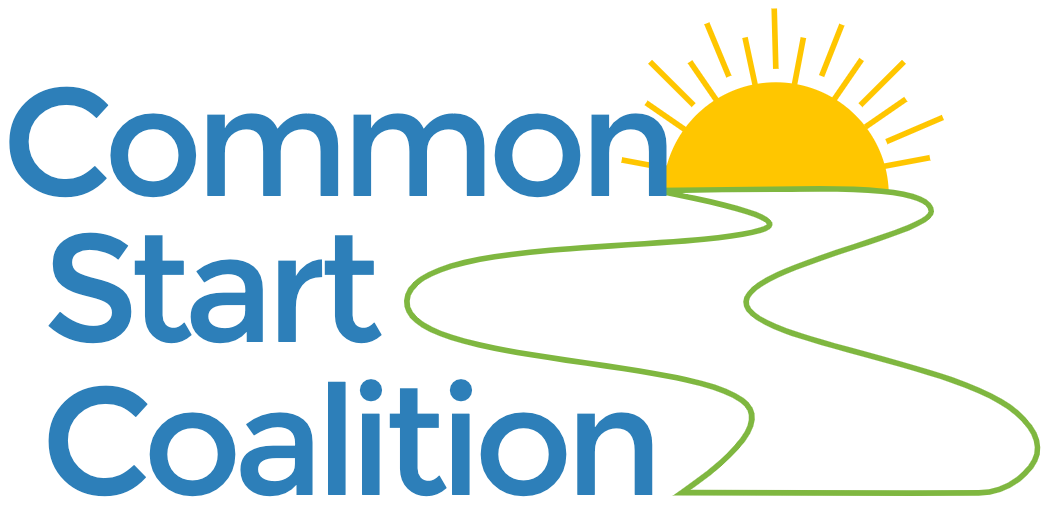Parents pay a small fortune for child care. So why are so many providers struggling? - Boston Globe Magazine
By Sarah Carr
Unlike most developed nations, America has never treated care of its youngest children as a public good worthy of significant public investment, especially in relation to K-12 public education. That’s to the detriment of children, their families, and the hundreds of thousands of (mostly) women who work in the field…
“Every ‘civilized’ country has some system of early care and education regardless of [family] income,” Sykes says. “We do not have that commitment.”
In Massachusetts, the first state in the country to provide free, public education, there’s a unique opportunity to make that commitment. A bill filed in February, known as Common Start, would ramp up public funding for child care with an ambitious end goal: within the next five years, no family would have to pay more than 7 percent of their income toward child care — and wages for teachers and staff would become commensurate with those in the public schools. (The Common Start proposal shares much in common with portions of President Biden’s Build Back Better economic recovery plan, which was being debated by Congress in October.)…
Meanwhile, the state’s Common Start bill, which would increase pay for early education teachers, including home-based programs, and cut costs for families, has momentum in the Legislature, with 126 lawmakers signing on as co-sponsors.
